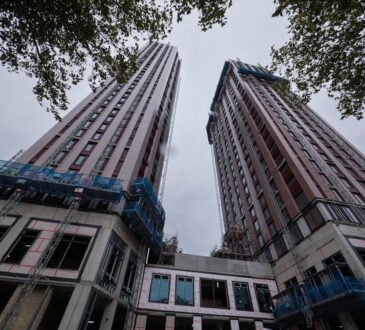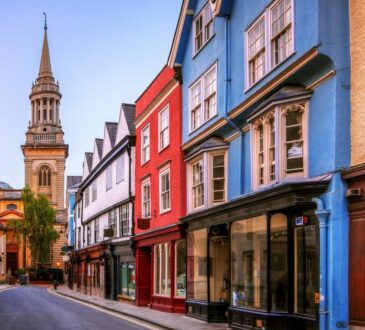
But some argue the Church should be protecting its green space. Last week, Chris Packham, a BBC presenter, accused the Church Commissioners of letting the majority of its land fall into “dire ecological condition”. He says Justin Welby, the Archbishop of Canterbury, and the Commissioners were “failing all things bright and beautiful” by not rewilding parts of its vast estate.
‘Land sale profits should be sacrificed’
A flagship 2021 report commissioned by archbishops conceded that the Church is perceived to be “money-grabbing and self-interested”. It urged the Church to “not simply be driven towards land sales at the highest price” and instead make “sacrifices” in order to support the delivery of homes.
As a charity, however, the Church Commissioners – which operates a £10.4bn investment portfolio to fund clergy pensions and other priorities – has argued it is required by law to achieve the best returns it can from land transactions.
There was uproar last autumn, when the Church was accused of allowing villagers in Benthall, Shropshire, to be gazumped by developers on the sale of land, which residents had hoped to turn into a community nature reserve.
Following backlash, the Commissioners conceded it was “unable simply to accept a significantly lower offer in order to support aims, however worthy”.
A push for affordability
In the past three years, the Church has had a greater focus on supplying so-called affordable homes, where properties are capped at 80pc of the market rate. Under Government rules, the minimum percentage of affordable housing for new developments is 10pc, but in most areas, councils demand 30pc. Weir says the Church does not have a blanket target and percentages are adjusted depending on location.
He says: “Some areas require 10pc, some areas require 50pc. Our approach is to deliver the level of affordable housing required by the local authority in question.”




